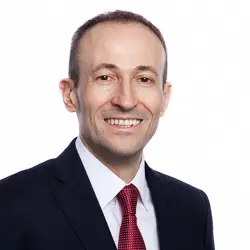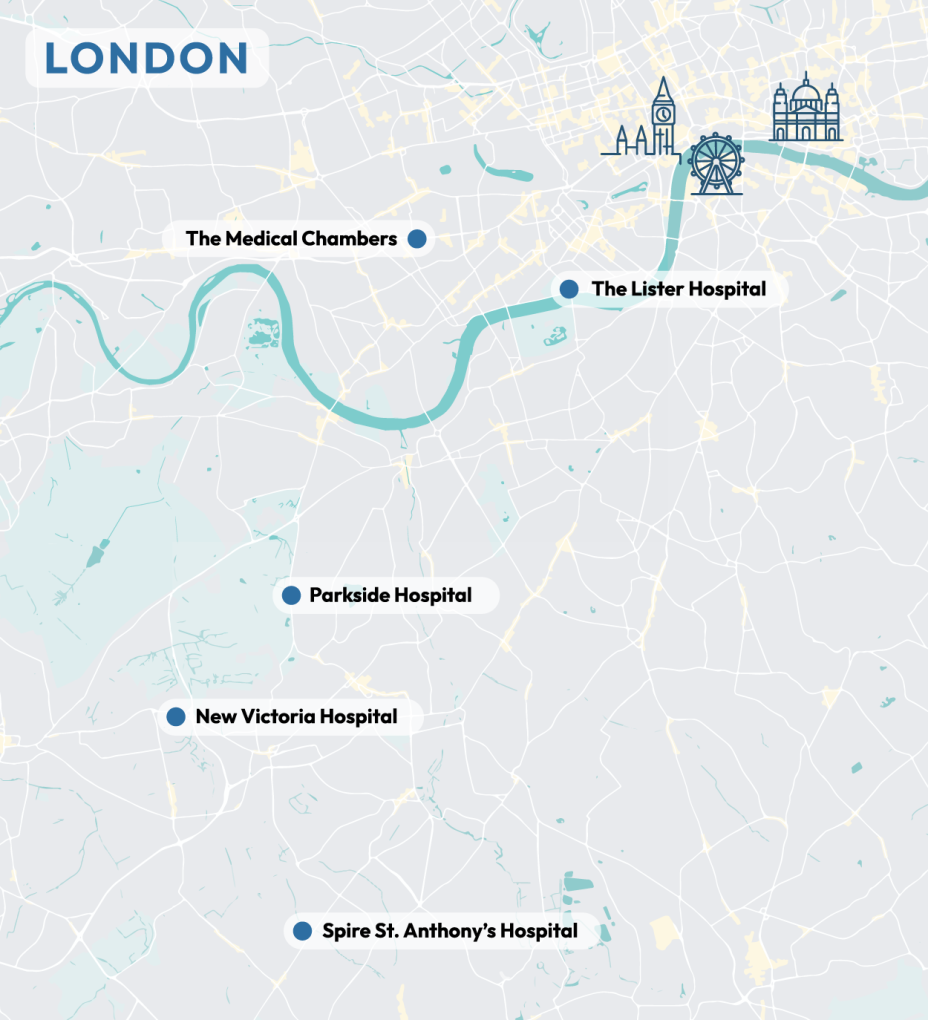What is Laparoscopy?
Laparoscopy is minimally invasive surgery used to see inside the abdomen and pelvis without making large cuts through the skin. It uses a thin telescope called a laparoscope.
A laparoscopy also referred to as keyhole surgery does not involve making large incisions and is the gold standard operative treatment for most gynaecological conditions. The recovery time is much faster than open surgery, and the risk of scarring and other complications is much lower.







